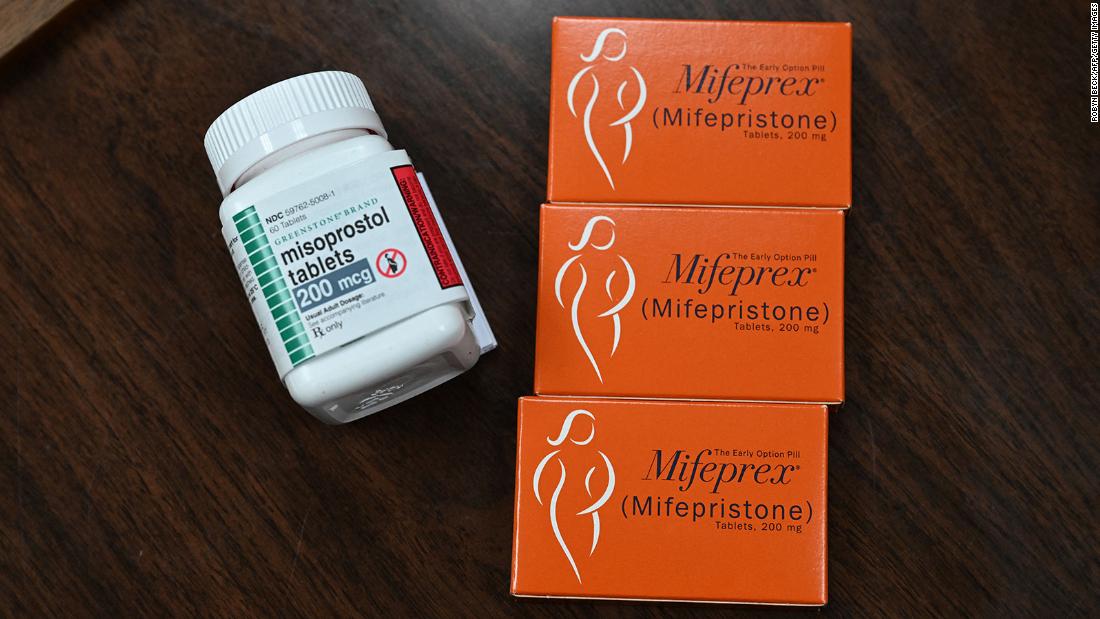THERE are injuries and then there are injuries without healing. The worst by far is dementia.
For many years, football and other sports have led to plenty of people ending up as mind-destroyed shells.
PASir Bobby Charlton is one of six 1966 World Cup winners to have had dementia[/caption]
Now, at last, measures are being introduced to ease a mental state that is often caused by repeatedly heading a ball.
When Bobby Charlton was one of the best England forwards ever to play the game, his heading power was no more than shaky.
But fans from those days remember affectionately as the strand of hair carefully placed across his balding head flew in a damp arc roughly in the direction the ball took.
Grandads will remember a rare success — his headed beauty for Manchester United in their European Cup final victory over Benfica in 1968.
Sir Bobby is an 86-year-old who is very ill with advanced dementia, one of only two England World Cup-winners still alive.
The other is Sir Geoff Hurst of — I am proud to say — West Ham. He remains as bright as a blazer button. Team-mates in the 1966 side were not so lucky.
Another four died with dementia barely able to remember a moment of that golden day at Wembley when Sir Geoff scored three. That is heart-breaking. There is no cure for this terrible disease.
There are some prevention measures such as limiting headers in training for young players, even barring them for under-12s. This season, regulations changed and an offender in the area is penalised with an indirect free-kick outside it.
GettyCharlton starred for Manchester United and England during his career[/caption]
It is claimed that a lighter ball does not cause so much damage. While the old leather balls were slower, I’m told they hit the receiver like flighted puddings, often lace-up. They hurt.
It’s true that head damage is a greater plague among rugby players and a pandemic in boxing.
And yes, sadly, those who look through broken eyelids and speak in slurred syllables have often suffered regular bombardment.
This week came an announcement that help is at hand by way, no less, of mouthguards.
Equipment used in Sunday’s NFL match in London provided information on head bangs in seconds. Normally, it takes 12 hours.
The next probable step is to fit sensors in helmets, measuring the force of each tackle. So is the use of biomarkers, such as saliva and blood, to help judge when players can be back in action.
GettyCharlton, 86, is one of only two members of the World Cup-winning squad still alive[/caption]
From January, technology will be introduced in rugby union to measure big hits of the kind that occurred every few minutes in the riveting World Cup match between South Africa and France.
Stoppages will be even more common when the regulated tackle threshold is broken. Each time a doctor will make a head assessment.
It is believed it will identify 18 per cent of concussions missed during actual play. A “game changer” said a leading assessor.
Such developments are only scratching the surface. Soon, no doubt, ‘smart’ mouthguards will track the accruing load over time, probably forcing threatened sportsmen and women to give up their sport.
Yes, trying to guarantee a safer future will surely become compulsory one day.
Much more preferable to losing your senses.
Creator – [#item_custom_dc:creator]















































































































